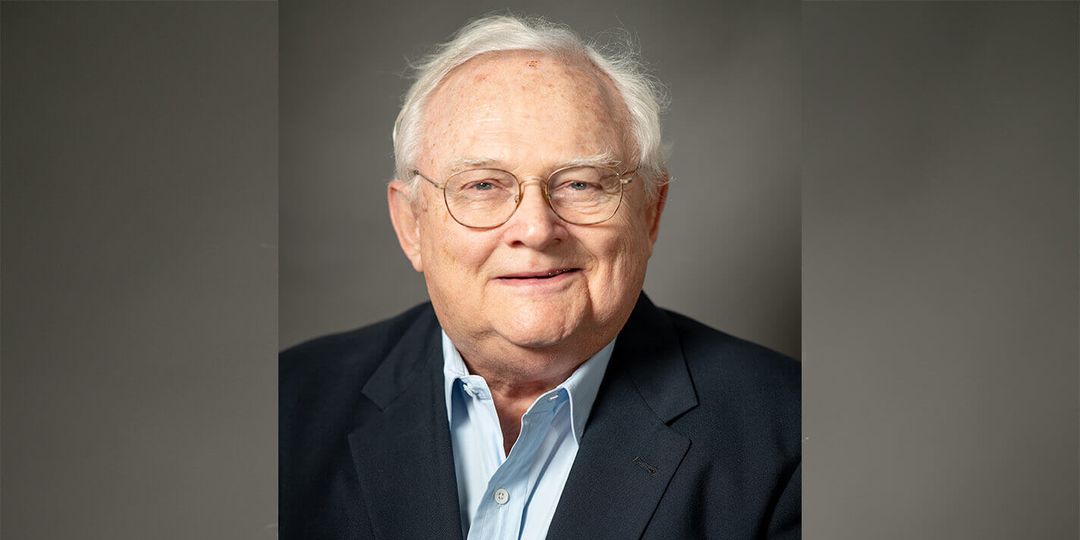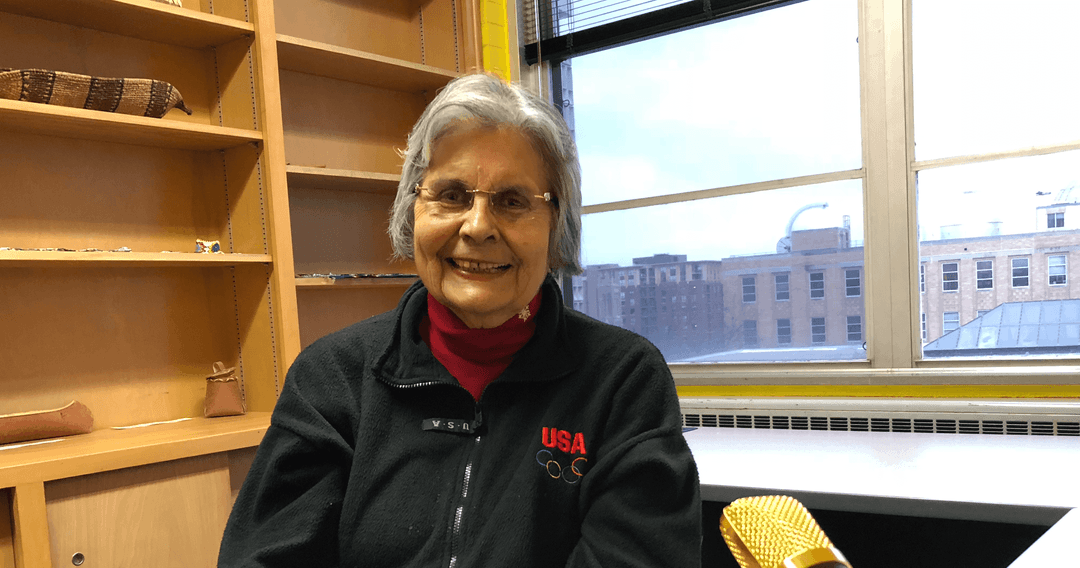2009 Distinguished Alumni Award Honoree
Walt Bogdanich plays hardball. No, he doesn’t face off against the New York Yankees or Los Angeles Dodgers. He takes on real heavy-hitters like the tobacco industry, the pharmaceutical trade and even the United States government.
As the current assistant editor on the Investigative desk for the New York Times, Walt uses the power of the written word to expose corporate wrongdoing and systemic breakdowns of government. And his hard-hitting approach has already earned him three Pulitzer Prizes.
As he was growing up in Gary, Indiana, however, getting into the newspaper game was the last thing Walt was considering. “I didn’t really discover writing until I attended Wisconsin, actually,” Bogdanich said.
He wanted to play baseball for his beloved team, the Chicago White Sox. But looking back, with his inquisitive nature and an inspirational father who stressed the importance of the press in keeping our democracy in check, a career in journalism seemed almost inevitable.
“I was raised in a family where newspapers were an important part of our lives,” he says. “And I remember (my father) pulling me aside and telling me about the beauty of our system of government and the importance of democracy.”
However, baseball was still foremost on Walt’s mind as a teenager. Journalism wasn’t. Neither was UW-Madison, at least, it wasn’t until his family traveled to the Badger state on vacation while he was in high school and toured campus.
And of all things, it took a hole in the ground to convince Walt he needed to attend the UW.
That hole was where the Humanities Building was being built during the early-to-mid 1960s. And surrounding the construction site were wooden boards to keep people out.
“On these boards, people wrote all these slogans,” Bogdanich said. “It just struck me as such a vibrant place, where people weren’t afraid to exchange ideas and points of view. That was very exciting to me.”
And even though his baseball skills would never propel him to the big leagues, they were able to land him in a Big Ten university.
Baseball began to lose interest for Walt however, after he pulled a hamstring during his sophomore season — while his interest in the political activities of the day grew.
“There was an anti-war conference in Cleveland I wanted to attend, but I didn’t have the money to go,” he recalls. “My brother, who was working on the Daily Cardinal, said, ‘Why don’t you propose to do a story for them, and they’ll pay your way?’”
But Walt had no background in journalism. He was a political science major … and a shy one at that. “I said, why would they do that for me? I can’t write anything.”
And he may have never gone on to write anything of significance had it not been for an unoccupied telephone in the student Union. “There was a bank of phones along a hallway,” Bogdanich remembers, “and there was always a line of people waiting to use them.”
“I told myself, if there’s an empty phone I’ll make the call. If not, I’m just not going to do it.” As fate would have it, there was a lone telephone not being used and Bogdanich said, “My life was changed in a very wonderful way.”
Wonderful indeed, as Walt put all his efforts into working for the Daily Cardinal until graduating from UW-Madison in 1975 with a degree in political science. He then graduated from Ohio State University in 1976 with a master’s degree in journalism and embarked on a truly storied career.
Before joining the New York Times in 2001, Walt worked for newspapers like The Cleveland Press and The Plain Dealer. He also worked as an investigative reporter for The Wall Street Journal in New York and Washington.
It was during his stint at The Wall Street Journal that Walt won his first Pulitzer Prize in 1988, for a yearlong series of articles on substandard medical laboratories.
“Wow,” was all he could say when asked how it felt to earn his profession’s highest honor. “It was something I never imagined would happen, but something I always worked toward.”
Bogdanich took home his second Pulitzer in 2005 for National Reporting for his series “Death on the Tracks,” which disclosed the unusually close ties between the railroad industry and its regulators.
In 2008, he won his most recent Pulitzer for Investigative Reporting for his discovery that China was importing medicine full of toxic and deadly ingredients to countries like Panama. His reporting led to crackdowns in both China and the United States.
Ask him which story he’s most proud of, though, and you’ll find it was a piece he produced while in between winning Pulitzers and working for newspapers.
In the late eighties, Walt ventured into the world of television reporting with ABC News, and eventually “60 Minutes” on CBS. It was during his work for the ABC newsmagazine “Day One” that Walt broke the news on how the tobacco industry had the intent and the ability “to manipulate and control the nicotine content of cigarettes” to satisfy consumer demand.
“That led to Congressional hearings and kicked off this incredible flurry of activity … that literally changed how we, as a society, look at cigarettes,” he says. “And smoking rates dropped significantly since then. I’d like to think we played a major role in that.”
Through all his investigative exploits and additional awards, including four George Polk Awards, an IRE Award and an Overseas Press Club award, Walt also continues to champion education.
He teaches in The Journalism School at Columbia University, and in 2006 he returned to Madison to take part in the UW’s Writer in Residence Program.
“It was a great opportunity for me to come back as an adult and see this campus that has meant so much to me,” he says. Especially since he’s found his true field of dreams.








